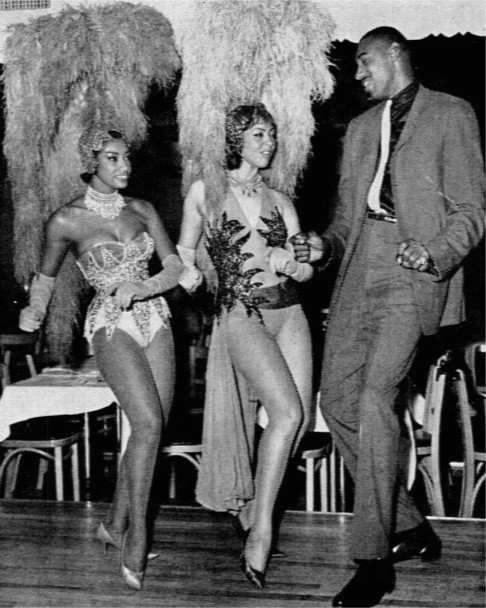
By the summer of 1968, Wilt was a 31-year-old on top of the world. His life outside of basketball included racehorses, homes abroad, and a bar in Harlem that gave him access to influential figures. But the world was changing around him. Riots were breaking out across the country as a protest movement for racial equity and against the Vietnam War spread. Bill Russell, Wilt’s archrival with the Boston Celtics, had become the face of that movement inside the NBA. But Wilt had other ideas.
As we’ll hear, he was being influenced by a Harlem civil rights leader who was preaching a philosophy to rebuild America’s cities known as Black Capitalism.The murder of Martin Luther King, Jr., became the catalyst for Wilt to meet another adherent of the idea, Richard Nixon. When the two met at Dr. King’s funeral, Wilt became entranced and announced he was going to work for the GOP candidate for President. The fallout, as we’ll hear, was intense. Russell called his rival a sell-out. Lew Alcidor, then at UCLA, branded him a traitor to his race. Nonetheless, Wilt went to the GOP convention in Miami as the most prominent Black celebrity to back Nixon, and the face of Black Capitalism.
This episode recreates that moment. It also shows how successive generations of athletes grew up accepting the idea that Wilt had committed a political betrayal, setting the stage for his eventual exile.

